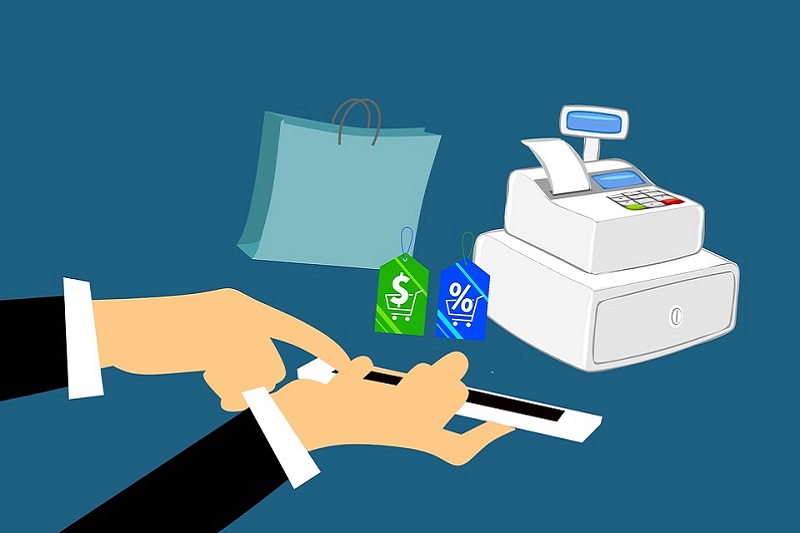
Several nations are leading the way toward becoming cashless societies. In Sweden, for instance, goods and services are paid without using paper money and coins.
More than half of all transactions are done through cashless methods like credit cards, debit cards, prepaid card, and mobile payments, among others.
The Philippines, however, has a long banking penetration rate and an even lower credit card ownership. That is why cash on delivery remains to be the most popular form of payment for online purchases, according to a recent report.
But there is still at least one form of cashless method available to Filipinos that does not need ownership of any bank card or credit card.
Mobile money services, like the ones provided by the local telecommunications companies, serve as virtual wallets.
A 2017 study published by the Philippine Institute for Development Studies confirms the number of Filipinos that do now have access to formal financial services.
It cited the data from the Bangko Sentral ng Pilipinas, noting that 72% of Filipinos transact with informal resources,
Moreover, only about 30% of small and medium enterprises (SMEs) have formal lines of credit and/or bank loans.
Information shows that 12% of the almost 1,500 municipalities in the country have no access to banks or other financial service providers.
There are several areas in Visayas and Mindanao that are troubled with the cost of traveling to get to a bank.
Those who are unserved by banks turn to informal financial activities such as creating informal group savings or borrowing from moneylenders instead.
Digital wallets are the digital equivalent of an individual’s purse or physical wallet that is secured by a technological process that substitutes non-sensitive information for sensitive, personal information, called tokenisation.
Digital wallets come in various digital forms and sizes, differing from each other in features. Features can be in the form of technologies used such as near field communication, QR codes, or bar codes.
Features can also be in the payment method allowed like debit cards, credit cards or cryptocurrencies. Specialty cards added including reloadable prepaid cards and gift cards, as well as device compatibility in the form of phones, tablets, and web browsers are also considered features.
Mobile wallets are the mobile version of a digital wallet. As its name implies, mobile wallets allow one to receive or send money through mobile devices such as smartphones.
Unlike bank cards, mobile wallets that can be loaded with money by depositing cash in the service providers’ commercial partners instead of in banks.
Commercial partner include convenience stores, supermarkets and business centres. This model gives Filipinos without bank accounts an alternative way of paying for goods or services, and receiving or sending money online.
However, there are no virtual wallets yet that can transact with anyone “anytime, anywhere”. There are wallets that are limited to devices with specific operating systems only.
There are those that do not have the capability yet to direct payments received, to a bank account within a matter of minutes.
Or if they do, their facility is available to accounts within a specific banking network only.
While the country has yet to feel the contribution of the digital wallet in addressing the problems of the unbanked, its potential is undoubtedly there.
After all, there are 51 million unique mobile subscribers, with 55% using the internet.
Hopefully, the new technologies available can significantly slash the transaction costs of sending or receiving money for the sake of the unbanked citizens.
















